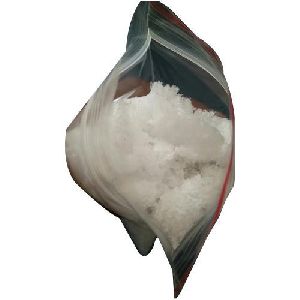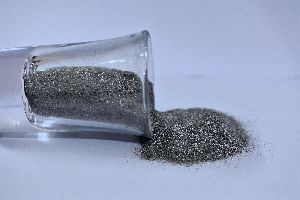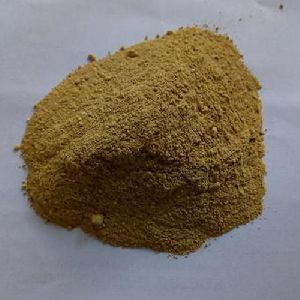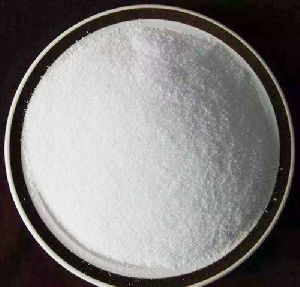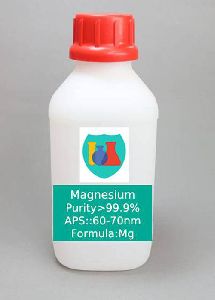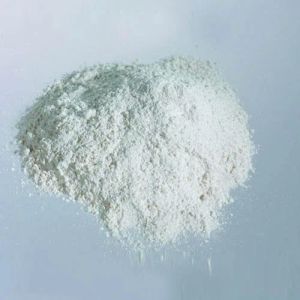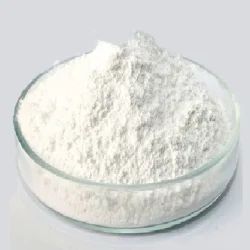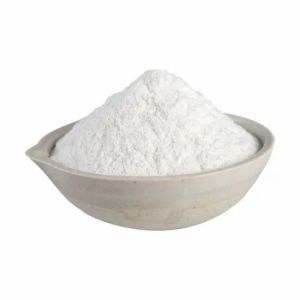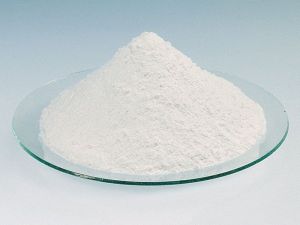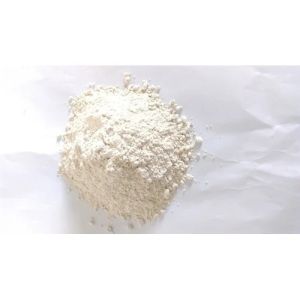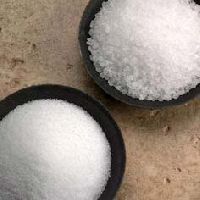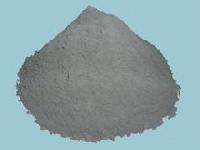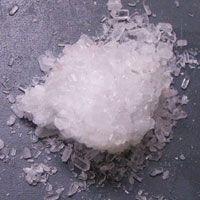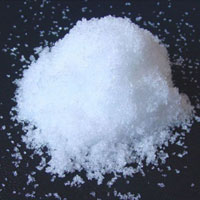Listing ID #803305
Company Information
Ask for more detail from the seller
Contact SupplierMagnesium chloride is the name for the chemical compounds with the formulas MgCl2 and its various hydrates MgCl2(H2O)x. These salts are typical ionic halides, being highly soluble in water. The hydrated magnesium chloride can be extracted from brine or sea water. In North America, Magnesium Chloride Powder is produced primarily from Great Salt Lake brine. It is extracted in a similar process from the Dead Sea in the Jordan valley. Magnesium Chloride Powder, as the natural mineral bischofite, is also extracted (via solution mining) out of ancient seabeds; for example, the Zechstein seabed in northwest Europe. Some magnesium chloride is made from solar evaporation of seawater. Anhydrous magnesium chloride is the principal precursor to magnesium metal, which is produced on a large scale. Hydrated magnesium chloride is the form most readily available. Magnesium Chloride Powder serves as a precursor to other magnesium compounds, for example by precipitation :
MgCl2(aq) + Ca(OH)2(aq) → Mg(OH)2(s) + CaCl2(aq)
It can be electrolysed to give magnesium metal:[5]
MgCl2(l) → Mg(l) + Cl2(g)
This process is practiced on a substantial scale.
Magnesium Chloride Powder is most commonly used for dust control and road stabilization. Its second-most common use is ice control. In addition to the production of magnesium metal, Magnesium Chloride Powder also is used for a variety of other applications like fertilizer, mineral supplement for animals, wastewater treatment, wallboard, artificial seawater, feed supplement, textiles, paper, fireproofing agents, cements and refrigeration brine. Mixed with hydrated magnesium oxide, magnesium chloride forms hard material called Sorel cement.
This compound is also used in fire extinguishers. Obtained by the reaction of magnesium hydroxide and hydrochloric acid (HCl) in liquid form along with water in gaseous state, Magnesium Chloride Powder is also used in several medical and topical (skin related) applications. It has been used in pills as supplemental sources of magnesium, where it serves as a soluble compound that is not as laxative as magnesium sulfate and is more bioavailable than magnesium hydroxide and magnesium oxide, since it does not require stomach acid to produce soluble Mg2+ ion. It can also be used as an effective anaesthetic for cephalopods, some species of crustaceans and several species of bivalve, including oysters.
Magnesium Chloride Powder is used for low-temperature de-icing of highways, sidewalks, and parking lots. When highways are treacherous due to icy conditions, magnesium chloride helps to prevent the ice bond, allowing snow plows to clear the roads more efficiently. Magnesium chloride is used in three ways for pavement ice control such as Anti-icing, when maintenance professionals spread it onto roads before a snow storm to prevent snow from sticking and ice from forming; pre-wetting, which means a liquid formulation of magnesium chloride is sprayed directly onto salt as it is being spread onto roadway pavement, wetting the salt so that it sticks to the road; and pre-treating, when magnesium chloride and salt are mixed together before they are loaded onto trucks and spread onto paved roads.
While it is generally accepted that ongoing use of any de-icer (ice melter) will eventually contribute to some degradation of the concrete surface to which it is applied, some de-icers are gentler on concrete than others. Conflicting information in regards to magnesium chloride and calcium chloride-based liquid de-icers have left many unsure which choice is best-suited for their needs.
Past studies have often utilized high temperatures to accelerate the impact to concrete. By setting parameters that more closely represent real-world de-icing conditions, Purdue University researchers measured the impact of magnesium chloride and calcium chloride to concrete. Their study concluded that calcium chloride damages concrete twice as fast as magnesium chloride does.
Nutritional Supplement :
Magnesium Chloride Powder is a type of pharmaceutical preparation of magnesium. Medically prescribed magnesium supplements such as Slo-Mag and Mag-SR contain magnesium chloride that is slowly released from a matrix.
Use In Hydrogen Storage :
Magnesium Chloride Powder has shown promise as a storage material for hydrogen. Ammonia, which is rich in hydrogen atoms, is used as an intermediate storage material. Ammonia can be effectively absorbed onto solid magnesium chloride, forming Mg(NH3)6Cl2. Ammonia is released by mild heat, and is then passed through a catalyst to give hydrogen gas.
Diverse Uses :
Magnesium in natural seawater values are between 1250 mg/L and 1350 mg/L. (approximately 3.7% of the total seawater mineral content. See thumbnail chart.) Dead Sea minerals contain a significantly higher magnesium chloride ratio (50.8%). Carbonates and calcium are essential for all growth of corals, coralline algae, clams, and invertebrates. Magnesium can be depleted by mangrove plants and the use of excessive Kalkwasser or by going beyond natural calcium, alkalinity, and pH values.
Culinary Uses :
Magnesium chloride (E511[36]) is an important coagulant used in the preparation of tofu from soy milk. In Japan it is sold as nigari (, derived from the Japanese word for "bitter"), a white powder produced from seawater after the sodium chloride has been removed, and the water evaporated. In China, it is called lushui. Nigari or lushui consists mostly of magnesium chloride, with some magnesium sulfate and other trace elements. It is also an ingredient in baby formula milk.
Gardening and Horticulture :
Because magnesium is a mobile nutrient, magnesium chloride can be effectively used as a substitute for magnesium sulfate (Epsom salt) to help correct magnesium deficiency in plants via foliar feeding. It is advisable to use a smaller dose when using magnesium chloride compared to the recommended dose of magnesium sulfate (20 g/L). This is due primarily to the chlorine present in magnesium chloride, which can easily reach toxic levels if over-applied and/or applied too often.
It has been found that higher concentrations of magnesium in tomato and some pepper plants can make them more susceptible to disease caused by infection of the bacteria Xanthomonas campestris, since Mg is essential for bacterial growth


